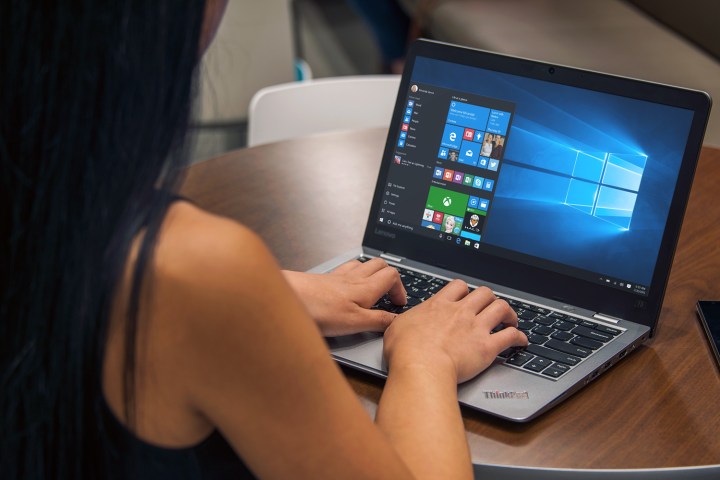
As expected, build 14393 focuses on stability improvements and slight tweaks, rather than introducing any new functionality. The Start menu, Action Center and Cortana have all been given particular attention, and should now be more stable than they were before.
Meanwhile, iPods will now be recognized as a mass storage device when they’re connected to a Windows 10 computer, according to patch notes released by Microsoft.
The new build does carry a known issue that could cause problems for Surface Book and Surface Pro 4 owners. A camera driver issue is apparently causing these systems to bluescreen from time to time, but a driver update is set to be distributed via Windows Update to remedy the situation.
As far as Windows 10 Mobile goes, build 14393 takes care of a situation that caused smartphones across the Lumia line to experience accelerated battery drain. Bugs impacting the use of a dual-SIM smartphone have also been handled.
However, there are a few more known issues that could affect mobile users. Wi-Fi problems continue to affect certain devices, turning off Bluetooth can cause freezes and crashes, and the Wallet app has been observed to be doubling up on its prompts for PIN entry while the phone is locked.
All in all, it’s clear that the Windows 10 team is working hard to finalize a strong build ahead of the Anniversary Update. Build 14393 doesn’t tackle quite as many bugs as some of the preview builds released earlier in July, which suggests that now the biggest challenge is wrapping up as many loose ends as possible before August 2.
Editors' Recommendations
- You’re going to hate the latest change to Windows 11
- Windows 11 vs. Windows 10: finally time to upgrade?
- Microsoft may fix the most frustrating thing about Windows updates
- If you have an AMD GPU, stay away from the latest Windows Update
- The best Windows apps for 2023


